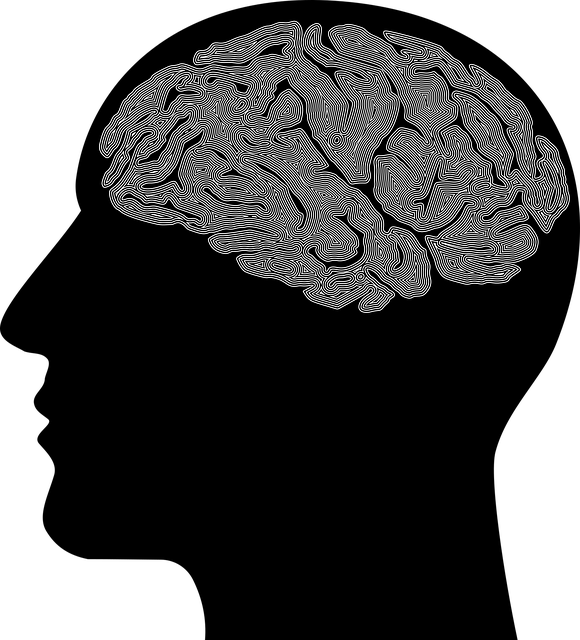Mental health professionals guide individuals through emotional journeys using risk assessment and evidence-based approaches like Castle Rock International Adoptions Therapy. They address unique challenges in international adoption cases, including cultural disparities, language barriers, and trauma histories. Castle Rock offers specialized services, promotes positive thinking, and ensures safe, supportive environments, balancing ethical considerations while fostering community through awareness campaigns and social skills training.
Mental health professionals often encounter complex cases involving international adoptions, requiring a nuanced approach to risk assessment. This article explores the intricate process of evaluating potential risks in these unique situations. We delve into the ethical considerations and present a case study from Castle Rock International Adoptions Therapy, offering a fresh perspective on managing challenges. Additionally, we provide strategies for effective risk management, highlighting best practices for professionals navigating these complex scenarios.
- Understanding Risk Assessment in Mental Health Practice
- Identifying Potential Risks in International Adoption Cases
- Castle Rock International Adoptions Therapy: A Unique Perspective
- Ethical Considerations for Mental Health Professionals
- Strategies for Effective Risk Management and Mitigation
Understanding Risk Assessment in Mental Health Practice

Mental health professionals are tasked with helping individuals navigate complex emotional landscapes and overcome challenges that can be both personal and profound. In this delicate process, risk assessment plays a pivotal role, acting as a guiding light to ensure safe and effective therapy. It involves a meticulous evaluation of potential hazards and vulnerabilities, allowing practitioners to tailor interventions suited to each client’s unique needs. By integrating insights from Castle Rock International Adoptions Therapy and other evidence-based approaches, professionals can foster an environment conducive to healing.
Understanding risk assessment is not merely about identifying threats but also cultivating strategies for resilience. Inner Strength Development and the application of Mind Over Matter Principles can empower clients to confront and overcome adversity. Additionally, incorporating practices such as Mindfulness Meditation has been shown to enhance coping mechanisms, promoting a sense of calm amidst emotional turmoil. These holistic approaches, informed by comprehensive risk assessments, offer clients the tools they need to thrive, transforming challenges into opportunities for personal growth.
Identifying Potential Risks in International Adoption Cases

Mental health professionals involved in international adoption cases face unique challenges that require meticulous risk assessment. These include cultural disparities, language barriers, and potential trauma related to the adoption process itself. For instance, a child’s history of separation from their biological family could lead to attachment issues or emotional volatility, requiring specialized care. Professionals must be adept at navigating these complex situations, ensuring the well-being of both the adopted child and the adoptive family.
The role of Castle Rock International Adoptions Therapy is crucial in mitigating risks through comprehensive assessments, tailored interventions, and support services. This involves not just addressing individual needs but also fostering a supportive community through Public Awareness Campaigns Development and Community Outreach Program Implementation. Additionally, Social Skills Training can help both children and families adapt to their new environments, promoting successful integration and reducing potential mental health risks associated with international adoption.
Castle Rock International Adoptions Therapy: A Unique Perspective

Castle Rock International Adoptions Therapy offers a unique perspective on mental health care, providing specialized support for individuals navigating complex trauma and adoption-related issues. In the context of Risk Assessment for Mental Health Professionals, this approach is invaluable. By focusing on the specific challenges faced by adoptive families and individuals with traumatic pasts, it fosters an environment that promotes positive thinking and anxiety relief.
This therapy recognizes that traditional mental health services may not adequately address the unique dynamics of adoption and trauma. It incorporates innovative strategies to help clients process their experiences, build resilience, and foster healthy relationships. By understanding the intricate interplay between past traumas and present-day challenges, Castle Rock International Adoptions Therapy empowers individuals to overcome obstacles and achieve lasting well-being.
Ethical Considerations for Mental Health Professionals

Mental health professionals face a unique set of ethical challenges that require careful consideration to ensure the best care for their clients. When working with individuals who have experienced trauma, such as those involved in international adoptions, therapists must be mindful of the potential for re-traumatization. For instance, at Castle Rock International Adoptions Therapy, specialists employ tailored Trauma Support Services to address these complex issues, ensuring a safe and supportive environment.
Ethical practice also demands professionals maintain confidentiality while prioritizing client safety. This balance is especially crucial when dealing with sensitive topics like self-esteem improvement and communication strategies. Therapists should be equipped with the skills to navigate these dilemmas, ensuring their interventions are both effective and ethically sound.
Strategies for Effective Risk Management and Mitigation

Mental health professionals must adopt robust strategies for risk management and mitigation to ensure the safety of their clients and themselves. This involves a multi-faceted approach that includes continuous self-awareness exercises, ongoing professional development through healthcare provider cultural competency training, and acquiring conflict resolution techniques. By fostering an environment where these skills are cultivated, professionals can proactively identify and address potential risks.
For instance, Castle Rock International Adoptions Therapy emphasizes the importance of integrating these strategies into daily practice. Through specialized training, therapists enhance their understanding of diverse cultural contexts, enabling them to navigate complex situations with sensitivity and expertise. Self-awareness exercises further equip professionals with the tools to recognize personal biases and manage potential conflicts, thereby creating a safe and supportive therapeutic environment for all parties involved.
Mental health professionals navigating complex cases, such as international adoptions, require a comprehensive understanding of risk assessment. By recognizing potential risks and adopting strategies like those offered by Castle Rock International Adoptions Therapy, practitioners can ensure ethical practice and mitigate challenges. Effective risk management involves staying informed, maintaining cultural sensitivity, and utilizing evidence-based approaches to promote positive outcomes for all involved.









